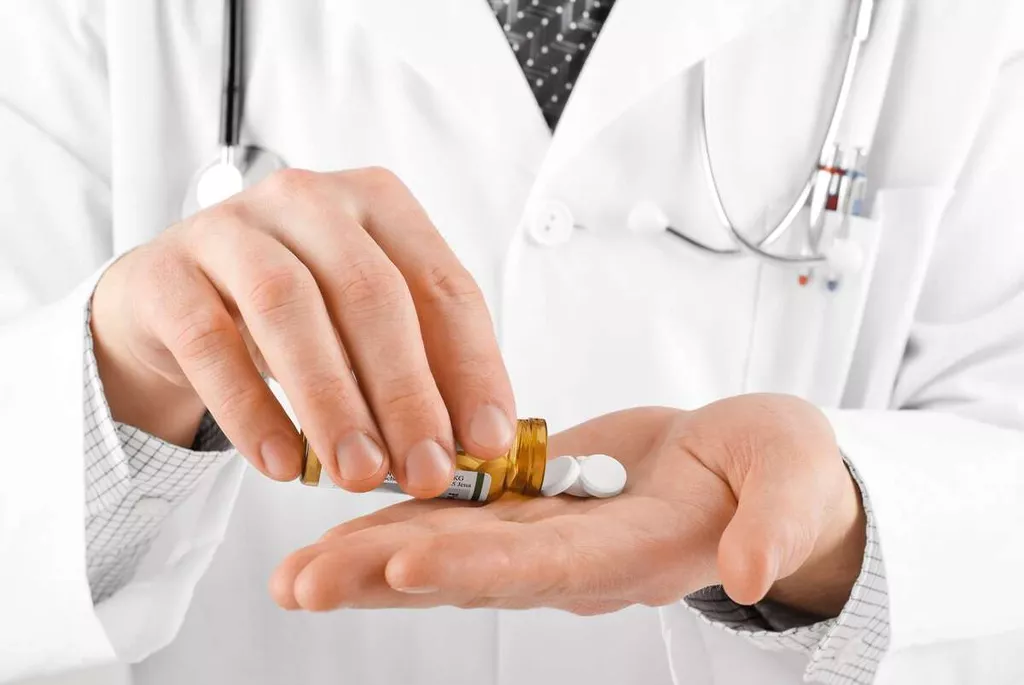They thought xylazine might somehow increase the opioid tone of the brain through naturally occurring endogenous opioid peptides in the brain, such as endorphins. Or, they thought maybe xylazine is just a dirty drug, one that unintentionally binds to different kinds of brain receptors. In a recent research discovery published in the journal Addiction Neuroscience, scientists at the University of North Carolina at Chapel Hill found that xylazine is a kappa opioid receptor agonist, meaning it activates kappa opioid receptors in the same way fentanyl activates opioid receptors. This result was surprising because previously xylazine was thought to only bind to the α2-adrenergic receptor, and this finding could hint as to why withdrawal from fentanyl in combination with xylazine is so severe. Also, the elevated risks of substance misuse should be considered when using medication to manage TBI symptoms in this patient population. Death from an opioid overdose happens when too much of the drug overwhelms the brain and interrupts the body’s natural drive to breathe.
- Alcohol poisoning happens when there’s too much alcohol in your blood, and parts of your brain shut down.
- It has been suggested that older people should have lower limits because they are at greater risk of the damaging effects of alcohol.
- Cys-loop ligand-gated ion channels (LGICs) are a superfamily comprising nicotinic acetylcholine, GABAA, and glycine receptors, for which they are described as specific sites sensitive to ethanol [92].
- Men are more likely than women to drink heavily, resulting in a greater risk for an alcohol overdose.
- This model was also used in a pharmacological DTI study in which animals were exposed to rasagiline, a selective monamine oxidase B inhibitor, as a potential protective agent against thiamine-deficiency–induced brain damage (Dror et al. 2014).
Drugs & Supplements
This problem is of particular risk among high school and college teens who might indulge in episodes of excessive alcohol intake in a short time span, or binge drinking. Any amount of alcohol consumption will affect the brain, but most people only experience temporary effects. The impairment of brain function a person experiences after one or two drinks over a few hours will pass quickly, assuming that the person does not consume additional drinks.
- Do not wait for the person to have all the symptoms, and be aware that a person who has passed out can die.
- Prompt treatment of an alcohol overdose can prevent life-threatening health problems.
- Most ethanol is oxidized via several possible enzymatic pathways, and the liver is the major organ (but not the only one) for its metabolization.
MRS Findings in Recovery from Alcoholism
Drinking can have long-term effects on your brain, including decreased cognitive function and memory issues. Alcohol is a neurotoxin that can affect your brain cells directly and indirectly. It enters your bloodstream immediately and reaches your brain within five minutes of drinking it. And it typically takes only 10 minutes to start feeling some of the effects. Some lipid molecules may have protective effects against alcohol-induced injury, e.g., long-chain fatty acids (LCFA), tributyrin, or polyunsaturated fatty acids (PUFAs), preventing intestinal hyperpermeability on the transcriptome level and modulating the gut microbiome. A study on ethanol-induced intestinal transcriptome changes shows the downregulation of genes in pathways related to the hormones, hemoglobin, and innate immunity and upregulated genes related to tuft cell markers, lectin recognition, fibroblast growth factor, and inflammation.
Researchers
The necessary interventions usually include reversal of the opioid agonist effects by naloxone administration, respiratory support, and monitoring of mental status and breathing. Because the effects of naloxone are of short duration, a recurrence of opioid-induced respiratory depression may emerge. Together with severe dehydration, electrolyte imbalance, and low blood sugar, the resulting brain hypoxia can lead to brain damage, seizures, coma, and death. Information on the effect of alcohol poisoning on the human brain can be gleaned from behavioral observations, and from modern imaging studies and autopsy findings.
Similarly, this “drying effect” is on mucous surfaces of the mouth and upper part of the gastrointestinal tract after ingesting concentrated alcoholic beverages. About 30 min after alcohol ingestion, higher ethanol concentrations occur in saliva and salivary glands than in blood [122]. In short-term experiments, the direct local toxic action alcohol overdose of the alcohol leading to damage of the mucous membrane proportional to the degree of alcohol concentration was proven [132]. Ethanol increases the permeability of oral mucosa, can decompose the lipid composition of the outer epithelial membrane, and increases the sensitivity to other dangerous compounds, e.g., carcinogens from smoking.



Alcohol Poisoning Symptoms, Causes, Treatment, Prevention – Dr. Axe
Alcohol Poisoning Symptoms, Causes, Treatment, Prevention.
Posted: Tue, 29 Aug 2023 07:00:00 GMT [source]



